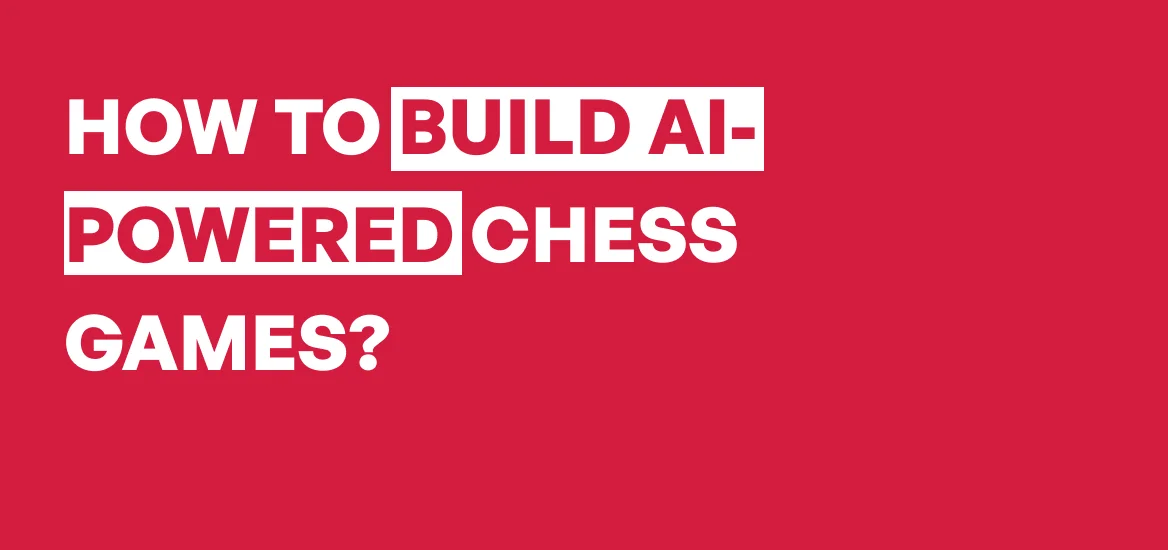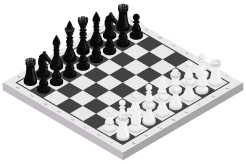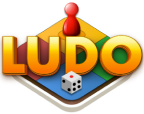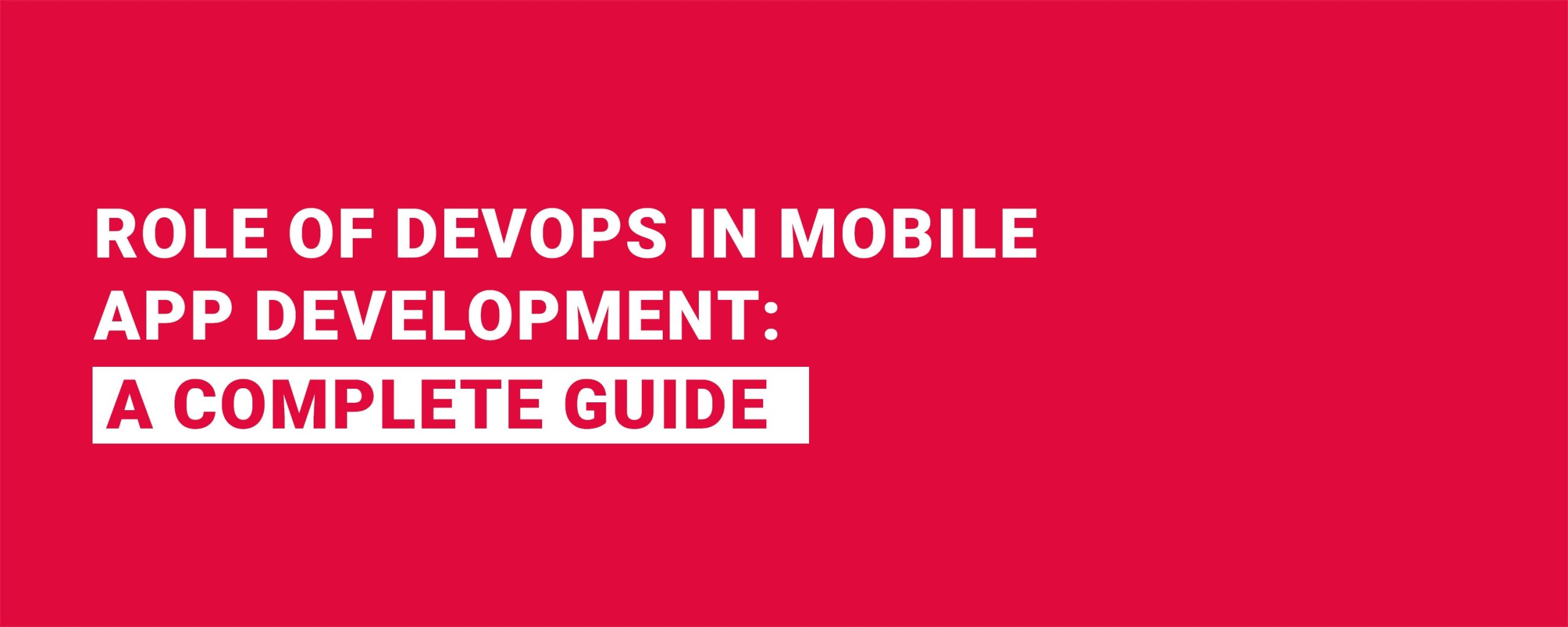How to Build AI-Powered Chess Games?

Ever imagined AI integrating with a chess game? Yup!! It’s quite an interesting thing, however, it’s just like googling for the right term. AI has redefined the gaming industry and made it possible to integrate with the chessboard. Different chess games are available in the marketplace with several users. For a business, it is possible to create an intelligent chess game using AI-powered different open tools and frameworks.
Chess is a mind game that has been played for centuries and has now been revolutionized by integrating with AI & machine learning. This game included intellect, strategy, and taking each move strategically. To implement how to develop AI-powered chess games, a chess game development company can leverage in integrating AI that give a more challenging and immersive gaming experience to the users.
What is an AI-Powered Chess Game?
In simple terms, an AI-powered chess game is an AI integrated into the chess game that implements its algorithm to evaluate positions, moves and can play autonomously against different players. AI can adapt, offer a dynamic and challenging gaming experience to the players.

How to Develop AI-Powered Chess Game?
To know how to develop AI-powered chess game, the following are some of the steps that need to be considered before moving forward with chess game development.
1. Selecting Tools & Programming Language
Before delving into the chess game development process, selecting the right tool and programming language is the most important aspect to consider.
- Language: For simple and strong AI libraries, Python is the best programming language one can choose. One can also use JavaScript for browser-based games & C++ for performance-based applications.
- Libraries: Some of the libraries include –
- Python-chess: this is for chessboards
- Stockfish: This is an open-source chess engine used to play against users
2. Building Chess Game Logic
The second step is developing the logic for the chess game. This includes rules to follow, managing players, setting the chessboard, etc. Python-chess libraries can handle rules like castling, promotion, etc.
- Data structure: Use a two-dimensional array or a similar data structure
- Generating Moves: Developing logic for each piece’s move, like castling
- Board Update: Updating the board after each move
Also Read : Chess Game Development Tips: From Concept to Launch
3. Add Chess Engine
Developing your AI from scratch can be time-consuming. Rather than creating from scratch, one can integrate with an existing chess game like Stockfish. This engine is free to use. It also allows you to get the best moves in any position.
4. Creating User Friendly Interface
For a successful chess game development, a user-friendly interface depending on the type of platform used. The interface should display AI moves, highlight legal moves & also support drag and drop functionality.
- Web-Based: Make use of libraries like chessboard.js or react-chessboard that allow the display of the chessboard & each piece’s move.
- Mobile: For a cross-platform chess game, use Flutter or react native
- Desktop: Use Unity for GUI applications
5. AI-Powered Chess Game
There are two ways to integrate AI into the chess game. This includes –
- Rule-Based AI (Using Stockfish): This is a simple way to integrate AI into the chessboard. It sends the current board to Stockfish and, in return, gives the best move.
- Machine Learning: Machine-based learning AI makes use of machine learning techniques like alpha-beta pruning, reinforcement learning, neural networks, etc.
6. Testing
Before deploying the AI-powered chess game, it is important to test it, fix any bugs or errors if found. Test the game by playing the game yourself. This can easily detect errors and also help to know if the AI responds correctly.
Perform Unit Testing for move generation, validating rules, detecting checkmate & statement, AI-decision making, etc.
7. Deploying a Chess Game
This is the final step of deploying the chess game into the Play Store or App Store. Implement the best marketing strategies and get a larger number of users for the AI-powered chess game.
Benefits of AI-Powered Chess Game
1. Enhanced Player Experience
Integrating AI into the chess game provides an enhanced gaming experience to the players. It has the potential to understand human behavior, and accordingly offers more realistic and challenging gameplay. The chess game can be tailored as per skill level. No matter if the player is a beginner or a seasoned player, AI-powered chess games make it more challenging and interesting to play.
2. Advanced Learning Tools
This is beneficial for beginners and those individuals who are looking to improve their chess game skills. With the advanced learning tools, AI suggests to the player the next move and suggests the best gaming strategies. This makes it easy to learn a chess game especially for beginners. Nowadays, most chess games include this in the development.
Also Read : How to Develop a Bingo Game Like Bingo Blitz?
3. 24/7 Support
Players can enjoy the game at any time. No matter whether it is an individual, AI is ready to play whenever the player wishes to play. This helps to target a broad range of audience that can play at ease using smartphones or computers.
4. Different Game Modes
The game modes offered by the AI-Powered chess game is beyond the traditional chess game. There are different scenarios like time-based challenge, puzzle-solving challenge, etc. This keeps the game more exciting to play and also increases the engagement level of the users and encourages them to play more.
5. Global Competition
An AI-powered chess game has the ability to host tournaments or competitions globally. Players worldwide can participate and can play the match online against AI. This ensures fair competition, making the game more exciting to play.
Develop Ultimate Chess Games!

Conclusion
To make a chess game more creative and stay ahead in the competition, one can go with AI-powered chess game development. This blog illustrates how to develop AI-powered chess games, right from selecting the technology stack to its deployment. To have a good, in-depth understanding and develop an AI-powered chess game, a chess game development company can guide the process and launch it in the market. AI has the power to create an intuitive, smart, adaptive, and deeply engaging chess gameplay. This increases the user’s excitement towards the chess gameplay and encourages them to play more.















